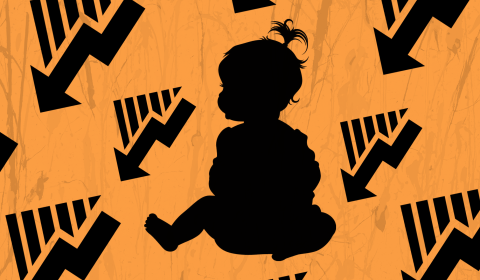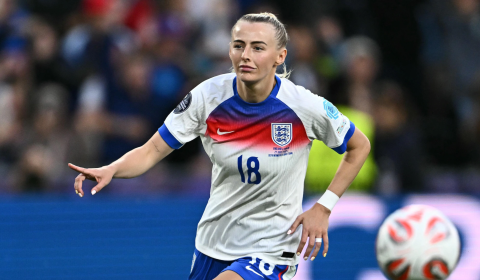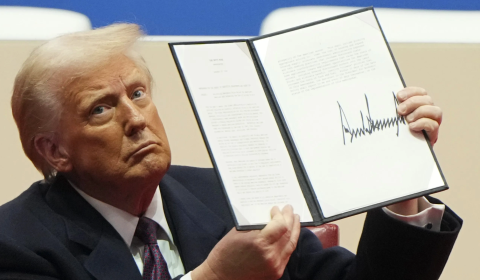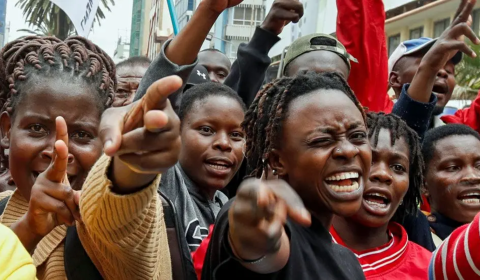While we should share in the collective joy of Raducanu’s extraordinary triumph, it’s also worth reflecting on why immigrants in the UK must be successful in order to be valued.
On Saturday, 18-year-old Emma Raducanu became Britain’s first female singles Grand Slam champion in 44 years, as well as the youngest since Maria Sharapova won Wimbledon in 2004.
Sending much of the UK into an extended state of delirium, her magnificent feat will go down as one of the greatest underdog journeys in the history of sports.
Yet, while we should of course share in the collective joy of her achievements, it’s also worth reflecting on why immigrants in this country must be successful in order to be valued.
One only needs to think back to the Euro 2020 final against Italy for the most notable instance, when three previously celebrated young players – Marcus Rashford, Jadon Sancho, and Bukayo Saka – were subjected to torrents of anti-Black racist abuse on social media after missing penalties.

Raducanu, whose Twitter bio contains just four words: london|toronto|shenyang|bucharest (a tribute to being born in Canada and raised in England by her Romanian father and Chinese mother), didn’t lose, however.
In the days following her victory, headlines and high-profile figures were quick to hail her as the ‘face of a new, proudly diverse era,’ a contradiction indeed with the harsh nationalism much of the UK government is prone to peddling.
By way of example (and this is simply one of many), in April a landmark court ruling found that home secretary Priti Patel’s migrant detention policies had breached human rights rules. This month, it was revealed that her Border Force is being trained to employ ‘turn-around’ tactics at sea.
The praise from Prime Minister Boris Johnson and ex-UKIP leader Nigel Farage – who notoriously made a career warning about immigrants – is thus a baffling display of hypocrisy in the conversation around multiple-heritage individuals who are appreciated solely when they do well.
What a sensational match! Huge congratulations to @EmmaRaducanu
You showed extraordinary skill, poise and guts and we are all hugely proud of you.#USOpen
— Boris Johnson (@BorisJohnson) September 11, 2021
‘A global megastar is born. @EmmaRaducanu winning the US Open is truly incredible,’ tweeted Farage, bittersweet to say the least when you recall his infamous 2014 commentary on how ‘any normal and fair-minded person’ would be concerned if they had Romanians as neighbours.
And, speaking with Raducanu over the phone yesterday, Johnson commended her determination, skill, and mental strength, adding that the whole of the UK had united behind her success.
Lest we forget that in 2013, the then mayor of London warned MPs against taking in more Romanians on the basis that their largest contribution was towards rough sleeping quotas in the capital.
These blatant double standards are emblematic of a wider issue that’s seen Eastern Europeans and other migrant groups vilified in Britain for decades.
Highlighting the complicated relationship the country has with diversity and immigration (the word ‘Brexit’ still provokes discomfort in most social circles), it proves what is felt but seldom voiced. That ‘we are British when we succeed, but told to pack our bags when we lose,’ as author Georgina Lawton aptly puts it.

























